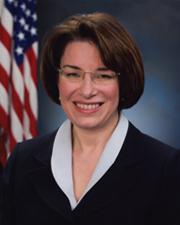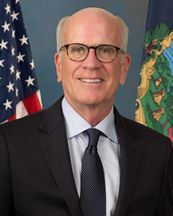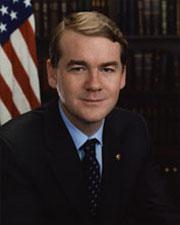0
REAL Political Advertisements Act
12/15/2023, 4:07 PM
Summary of Bill S 1596
Under the REAL Political Advertisements Act, any individual or organization that purchases a political advertisement must disclose certain information about the ad. This includes identifying the source of funding for the advertisement, as well as providing information about the target audience and the amount of money spent on the ad.
The bill also requires that political advertisements include a disclaimer stating who paid for the ad, similar to the disclaimers currently required for television and radio ads. This is intended to help voters understand who is behind the messages they are seeing and hearing during political campaigns. Additionally, the REAL Political Advertisements Act includes provisions for enforcement and penalties for violations of the disclosure requirements. This is meant to ensure that individuals and organizations comply with the new regulations and provide accurate information to the public. Overall, the REAL Political Advertisements Act aims to increase transparency and accountability in political advertising, ultimately giving voters more information about the messages they are being exposed to during election seasons.
Congressional Summary of S 1596
Require the Exposure of AI-Led Political Advertisements Act or the REAL Political Advertisements Act
This bill expands certain disclosure and disclaimer requirements for political campaigns, including by requiring disclaimers on advertisements containing content generated by artificial intelligence (AI).
Specifically, the bill requires a communication (e.g., a political advertisement) to include, in a clear and conspicuous manner, a statement if the communication contains an image or video footage that was generated in whole or in part with the use of AI. The bill outlines the requirements for determining a clear and conspicuous manner as it applies to specified communications (e.g., text or video communications).
The bill directs the Federal Election Commission (FEC) to issue a regulation related to generative AI, including the criteria for determining whether an advertisement contains an image or video footage created through generative AI.
The bill also requires reporting to the FEC of paid internet or digital communications.



